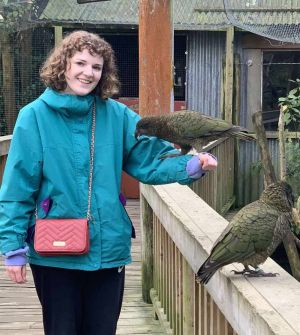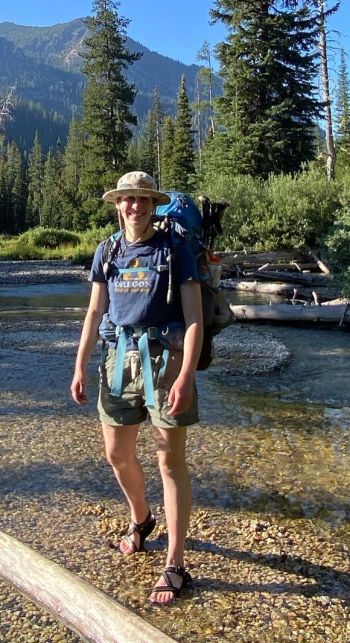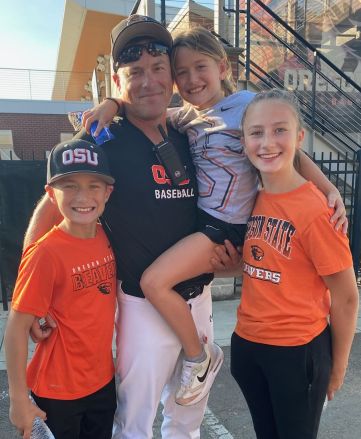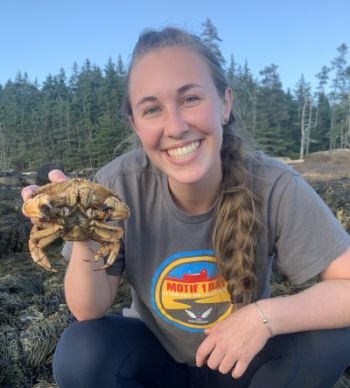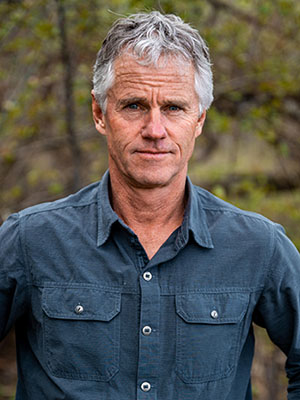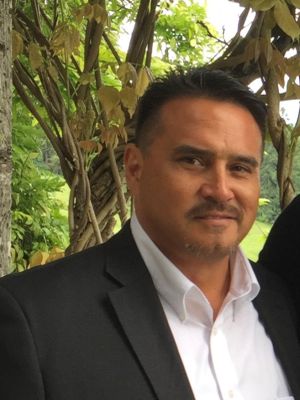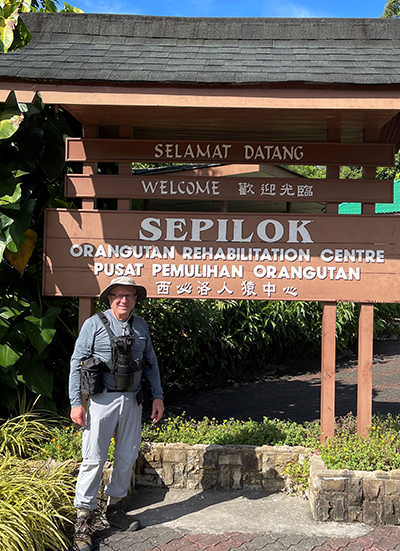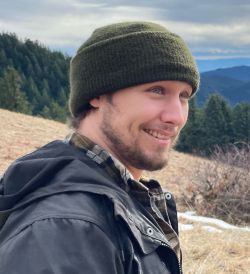
Major & specialization area:
I’m a Natural Resource Policy & Management and Sustainability double-major, also working through the Honors program.
Why did you choose your degree program/major?
I chose the major pathway relatively late in my college career – I was undeclared until most of the way through my sophomore year. I knew I wanted to work outdoors, and I’ve always felt passionately that the natural world needs wise stewards. Both the Natural Resources pathway and the Sustainability program allowed me to integrate knowledge from numerous fields, and I felt that this would provide the best holistic forestry education for me.
Have you participated in any experiential learning opportunities? How has this impacted your student experience?
I’m not sure if this meets the definition of an experiential learning opportunity, but I did perform an internship as a part of my Sustainability degree. I worked with the North Coast Land Conservancy over the summer of 2022, performing an invasive species survey using GIS mapping. This involved traversing the mountains I’d grown up hiking through, and gave me experience in tangibly caring for the land – this is a concept that has stuck with me as a guiding desire in my college career. I want to be able to bring about real, positive change in the landscapes I care about, and doing work with the NCLC has shown me a pathway to accomplish that.
What are your plans after graduation?
I plan to go to graduate school – either here at OSU working with concepts of Traditional Ecological Knowledge (TEK), or at the University of Edinburgh, studying rewilding in heavily managed forests. I then hope to return to my home area and act as a steward to the land in some capacity.
What’s one thing (or piece of advice) that you would like incoming OSU students to know?
I say to take time out to walk somewhere natural, when you have time. Making time too is key – opportunities seldom present themselves, unless you create them (which you can do, easily, I promise).
Have you received any scholarships from OSU or the College of Forestry? If so, what has it helped you accomplish?
Receiving the OSU Presidential Scholarship has allowed me to focus entirely on my academic career, which is a gift I am profoundly grateful for. I wouldn’t have been able to pursue my Sustainability degree without it, or have the experience of writing a thesis through the Honors College, if I simultaneously was employed elsewhere. The scholarship offers a lot to Oregonian students, and it is an honor to receive.
What are your go-to snacks?
I usually go for cheese. Nutty cheeses, herbaceous cheeses, full-bodied mozzarella and the sharpest cheddars; I went to high school in Tillamook county so cheese runs through my veins.

